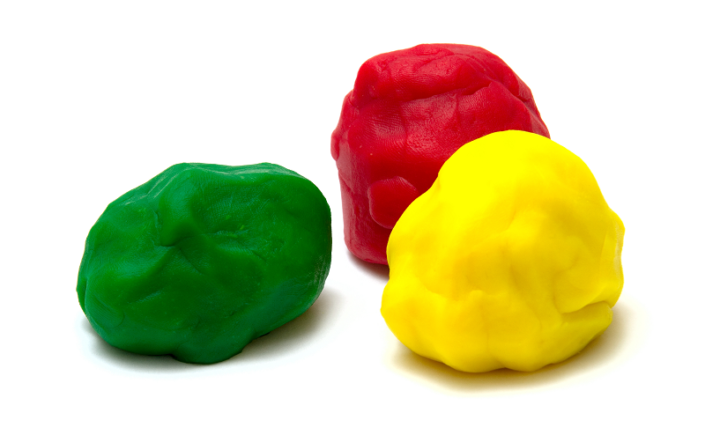The arrival end of Year 12 exams has once again ignited debate among educators and parents about the regimented and rigorous nature of assignments and end-of-school testing.
An editorial in The Age last week claimed that ‘Students, educators, parents and others have long questioned the VCE’s focus on drills and memorisation over creativity and problem solving’.
Meanwhile, an article in The Sydney Morning Herald criticised the ‘obsession’ with the testing of younger students, proposing a greater focus on the social sciences rather than on Naplan results.
Despite these concerns over the formality of education and its tests and benchmarks, the 2018 Oxford Children’s Word of the Year reveals a different story, at least for primary school students.
The Word of the Year, nominated by students in entries and revealed in some astonishingly imaginative stories, is ‘creativity’.
Students wrote about their joy in creative pursuits such as writing, painting, music, playing with Lego and even building forts with their siblings.
Their works of fiction displayed an ability to create new worlds and creatures, within dramatic and engrossing storylines.
One student expanded on Greek mythology, while another wrote about a girl who creates her own magical forest. There were stories about an adventurous snail in New York, a phoenix who brings laughter to the jungle and a girl who has magic in her blood. There were also stories about spies, aliens, ninjas, skeletons and vampires.
Other students specifically chose the word ‘creativity’ to write about, expanding on the role that creativity played in their lives.
A Year 6 student wrote: ‘When I am being creative I feel like there are no rules holding me back, and the possibilities and ideas flow freely. There is no one there to judge or criticise my work, so there is no pressure to get it right the first try.’
A Year 3 student wrote about the significance of creativity in her life: ‘Creativity is important to me because it makes me feel like I can do anything. When I draw it feels like I’m free because I can draw whatever I want. Writing is good too because I can write whatever is going on in my head and it won’t bother me anymore.’
Clearly, creativity is something that students are talking about, and by implication, teachers and parents are talking about it to children, and I think that is a very good thing.
In January, an article in the Harvard Business Review proclaimed that ‘The future of human work is imagination, creativity and strategy’.
It claims that in a world in which robots and robotics play an increasingly important role in the workplace, while technical work can be carried out by AI, creative, analytical and strategic thinking cannot.
‘The more technical the work, the more technology can accomplish it. In other words, machines skew toward tactical applications.
‘On the other hand, work that requires a high degree of imagination, creative analysis, and strategic thinking is harder to automate.’
Of course, primary school students and teachers are not just striving for future careers, however, the same skills the Harvard Business Review puts forward as crucial for future careers may also help students become responsible global citizens, solving environmental and social problems as well as the professional ones they confront.
Despite concerns about the nature of testing, which extend from primary school to students’ final years of secondary school, the 2018 Australian Children’s Word of the Year reveals that creativity occupies a central place in the classroom. Alongside formal teaching in literacy, the humanities and STEM subjects, as well as structured testing, this offers hope that we are educating well-rounded children who will be able to navigate the workplace, and the community, of the future.
Find out more about the Oxford Australian Children’s Word of the Year.

Leave a Reply